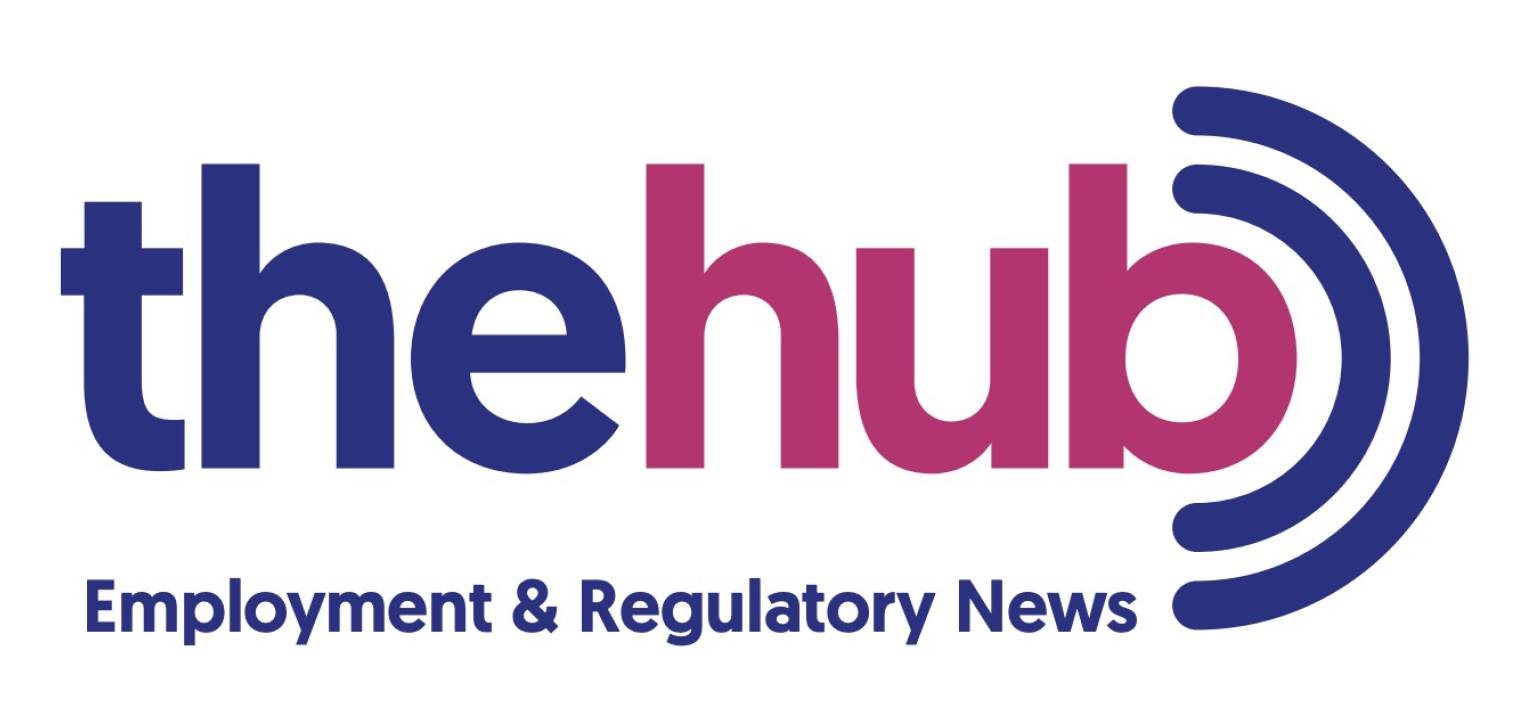What’s Happening – Video/Multimedia
This week’s video discusses two unexpected considerations arising from moves to remote or hybrid working for many businesses. Firstly, some companies are considering reducing pay and/or benefits for workers based at home. Secondly, pressure is mounting on the Government to introduce a “right to disconnect” to maintain a healthy work-life balance for employees and to reduce the risk of stress. Many countries have already adopted legislation and guidance in this area.
To watch the video, please click here.
If you have any queries about the matters discussed in these videos, please email employmenthub@chadlaw.co.uk for help and advice
In the News
There have been lots of relevant employment law/HR updates this week.
| Extension of Temporary Right to Work Check Measures to 2022
The adjusted right to work check measures due to COVID-19 will now end on 5 April 2022, not 31 August 2021 as previously announced by the Home Office.
The temporary changes, in place since 30 March 2020, allow employers to carry out right to work checks over video calls and for job applicants and existing workers to send scanned documents or a photo of their documents to employers via email or a mobile app, rather than sending the originals.
Employers will maintain a statutory defence against a civil penalty if the right to work check undertaken was carried out in the prescribed manner or as set out in the COVID-19 adjusted checks guidance. No retrospective checks will be required for those employees who had an adjusted COVID-19 check.
New guidance will be issued ahead of the new rules on 6 April 2022.
https://www.gov.uk/guidance/coronavirus-covid-19-right-to-work-checks
|
| Employee permitted to proceed with Victimisation Claim against Employer for Choosing not to Furlough him
The ET has allowed an employee’s’ sole claim of victimisation to proceed on the basis of his assertion that his employer subjected him to a detriment contrary to s.27 Equality Act 2010 by not furloughing him under the CJRS. The employee was on long-term sick leave at the time and was therefore excluded from the group of employees furloughed by the employer and, despite his requests, his employer did not explain to him why he was ineligible for furlough.
The employer submitted at the preliminary hearing that they had treated all employee’s on long-term sick leave in the same way, therefore not putting the employee at a detriment.
If the employee pursues the claim, he must provide sufficient evidence at a final hearing of his differential treatment to show that he was subjected to a material detriment due to the protected act (of raising a prior tribunal claim in 2018).
|
| Think Tank suggests Shorter Working Time in Scotland
The Scottish faction of the Institute for Public Policy Research has published a report recommending a reduction of working time in Scotland after notable success from international case studies suggesting that shorter working time supports workplace innovation and boosts productivity.
The report notes the disruption to the workplace due to the pandemic which has created a commonplace of more flexible working and states that a reduced working week would be very popular as 83% would support a four-day week with no loss of pay and 88% would be willing to participate in a trial.
The report recommends an expansion of a four-day week pilot scheme promised by the SNP as part of their 2021 election manifesto to trial shorter working time across a range of sectors, including non-office-based workplaces.
https://www.ippr.org/files/2021-08/1630423027_changing-times-scotland-sept21.pdf
|
| EAT Decision on Time Limit for Unlawful Inducement Claims
The EAT has held that unlawful inducement claims under section 145B of the Trade Union and Labour Relations (Consolidation) Act 1992 (TULRCA 1992) must be brought within three months of the date on which the employer makes an offer of new terms, not within three months of any later date on which the employer confirms the terms will be unilaterally imposed on workers who have refused the offer.
The employer negotiated amended contract terms with a trade union for two years without reaching agreement. The Employer wrote to the employees directly to give them the opportunity to agree to the terms, the majority of whom did. The Employer later wrote to the remaining employees to confirm that the new terms would come into effect the following month. Some of those employees submitted tribunal claims, asserting that the new terms amounted to unlawful inducement related to collective bargaining.
However, any such claim must be brought within 3 months of the date of the offer being made, or if part of a series of offers, it must the date of the last offer made. The ET found that the claims were made in time on the basis that the final letter confirming the terms would be imposed was within the 3 month time limit. However, the EAT disagreed and held that the letter stating the employer’s intention to impose terms was not an offer for the purpose of section 145 TULRCA 1992 and therefore the employees’ claims were out of time and dismissed.
|
| Employer Uptake of Hybrid Working Models
Premier Foods has announced following a recent trial that its 800 staff will be able to decide where they work as they adopt a new hybrid-working model. The change is expected to be transformational with the aim of boosting employees’ personal wellbeing and productivity.
Premier confirmed that their offices would not be somewhere their employees have to be for the sake of showing their face. The offices will not be disposed of altogether but rather the move is about shifting their mindset as to what it means to be flexible.
Premier joins a number of other companies that are embracing hybrid working after employees working remotely during the pandemic. Primark has also introduced a hybrid system, while Deloitte has said that its hybrid model should “bring the best of both worlds”, balancing the flexibility of remote work and safe in-person collaboration.
https://www.bbc.co.uk/news/business-58331084
|
Get in touch

To get in touch, please email employmentHub@chadlaw.co.uk to see how we can advise you
Find us on
https://twitter.com/YorkshireLegal
https://www.linkedin.com/company/chadwick-lawrence-llp
https://www.linkedin.com/company/employment-law-chadwick-lawrence-llp/




